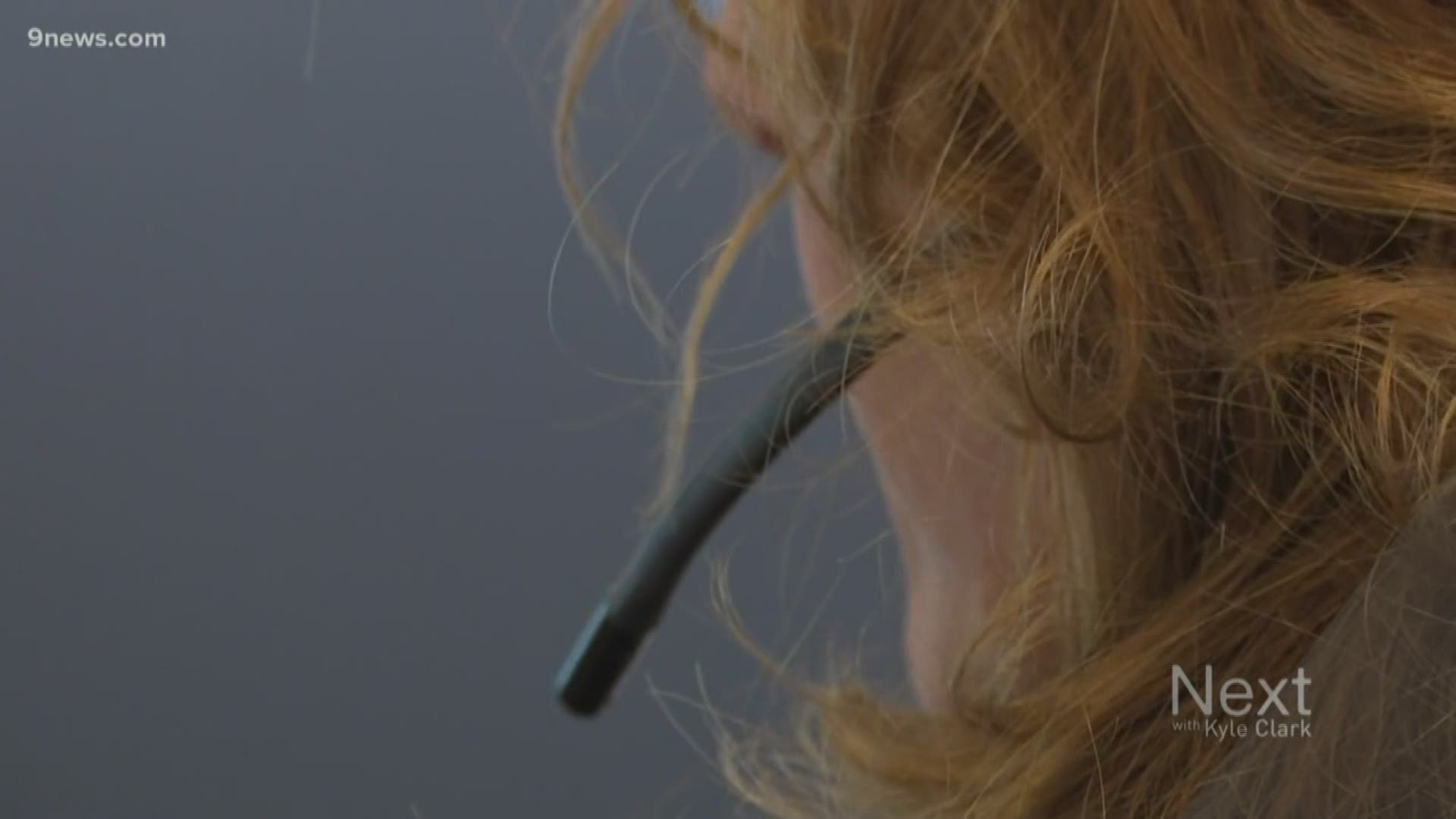DENVER — Imagine listening to people in various states of distress, all day every day. That’s the life of a 911 operator.
And now, 911 operators are the ones asking for help, specifically, mental health support that they have not gotten in the past.
Through Senate Bill 20-026, dispatchers are hoping to be added to an existing law geared towards first responders. This would allow them to go through worker’s compensation for access to mental health care and treatment for things like post traumatic stress disorder.
The previous law was passed in 2017. Including dispatchers would require adding just one word: audible.
RELATED: Pitkin County 911 dispatchers among first in the country to be recognized as first responders
“I think anybody who works in the legislative process knows that sometimes it takes more than once to get things through," said Meghan Dollar with the Colorado Municipal League.
One of the sponsors of the current bill said when the original law was passed, lawmakers didn't think about incorporating listening to trauma to its language. But, 911 operators did.
Monica Million, the co-director for the Colorado 911 Resource Center, said last year dispatchers tried to change the law but were turned down because they didn't have the data to back up their concerns. This year they came back with their research.
"We've been able to produce the data that indicates that auditory exposure to traumatic events is just as impactful as seeing it," she said. "And I think it was incumbent on us to make that case."
Lawmakers did pass the bill out of the Business, Labor and Technology Committee, but after amendments were made to clarify the only people who hear this kind of trauma firsthand are covered by this law and not someone who may hear it secondhand, like someone who heard another person's conversation or were told about a traumatic call.
Dollar said these changes could cost more money, but if the bill is focused on who it helps there wouldn't be a particularly high spike.
SUGGESTED VIDEOS | Full Episodes of Next with Kyle Clark

